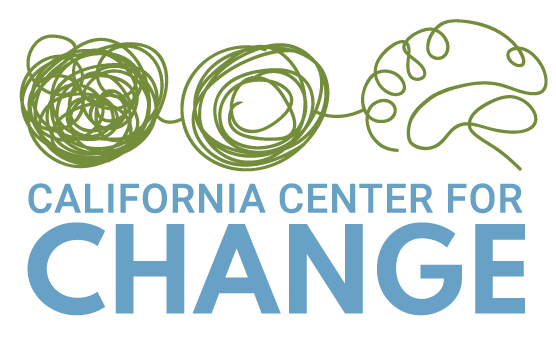Why people develop a drug of choice
Drugs and compulsive behaviors are used to cope with a variety of problems.
Drug of choice can say a lot about a person or what they’re coping with. People choose drugs that will best help them cope with underlying problems. Sometimes these problems include severe mental illness. Addiction can occur when drugs or compulsive behaviors are relied upon for alleviation from multiple or serious problems.
Alcohol is often sought out by those who have a hard time expressing themselves, especially if coupled with social anxiety. It makes you feel loose and carefree by releasing GABA and suppressing glutamate in the brain. The soothing and disinhibiting effects are also helpful to people in emotional pain, such as someone suffering from grief. Sometimes people with trauma histories turn to alcohol to soothe their psychic wounds. People with schizophrenia sometimes use alcohol to quiet auditory hallucinations.
Amphetamines give you a rush of pleasure and boosts energy and focus by altering norepinephrine and dopamine in the brain. They may be sought out by someone who is depressed and has been unable to feel pleasure for some time. Improved focus may be sought after by someone with ADHD. Anti-psychotic medication can have dulling and flattening side effects and sometimes people with schizophrenia seek out the alertness and energy of stimulants. Nicotine is used by 95% of people with schizophrenia because of its ability to increase concentration and focus.
Opiates may help someone who is feeling irritable, stressed, or moody by blocking endorphin receptor sites in the brain and increasing feelings of euphoria. People who have experienced trauma or are in significant emotional pain may also turn to opiates to help soothe and forget their painful memories. Traumatized people may also turn to dissociatives for their ability to induce out of body experiences.
Hallucinogens and ecstasy create a sense of connection and feelings of warmth and empathy by altering serotonin and norepinephrine receptor sites. Someone with anxiety or an inability to feel pleasure may turn to these drugs for comfort.
Recreational and pharmaceutical drugs work on the same systems in the brain. So if your drug use is an attempt to self-medicate an underlying problem, speaking to a trained professional can help you find healthier alternatives to cope.
Photo credit: Marrinc


